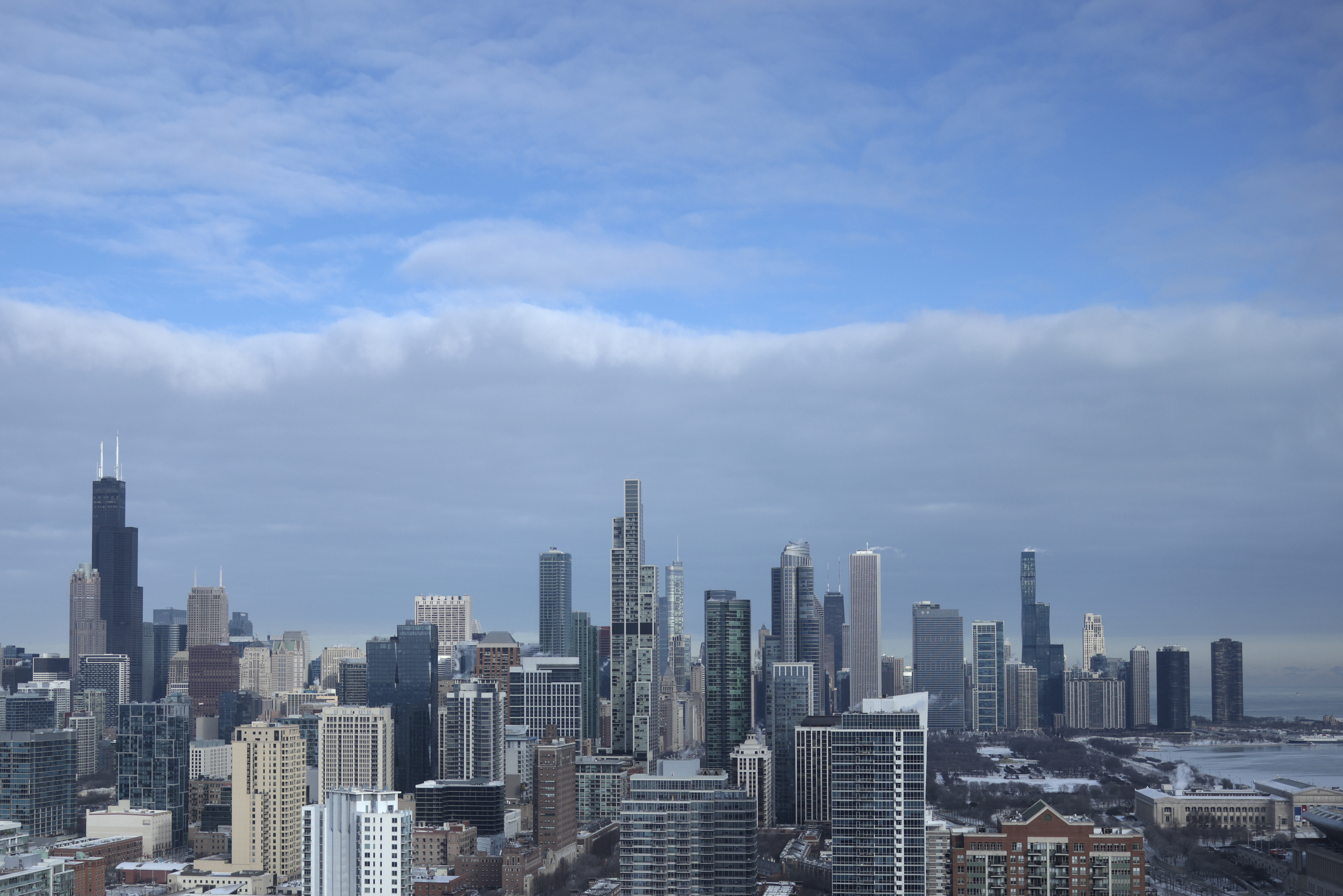A proposal to lower Chicago’s default speed limit took a step forward on Monday afternoon after it was passed by a City Council committee.
The proposal, put forward by 1st ward Ald. Daniel La Spata, passed the Committee on Pedestrian and Traffic Safety by an 8-5 vote, meaning that it can be put before the full City Council for final consideration.
Under the terms of the proposal, Chicago’s default speed limit would be lowered from 30 miles per hour to 25, with the ordinance not impacting streets maintained by the Illinois Department of Transportation.
La Spata cited the city’s “Vision Zero” program when introducing the bill, with that policy initiative targeting significant reductions in traffic fatalities within the city.
“We have the opportunity to change that trajectory and that is what these ordinances and pieces of legislation are about. This is not a utopian goal, it is achievable,” he said after introducing the legislation.
Members of the City Council cited studies showing that reductions in speed limits in other cities, including New York and Seattle, helped to reduce traffic crashes and fatalities after they were passed.
In New York, speed limits will be lowered in more than 250 locations by next year, with officials seeking to reduce traffic fatalities and injuries.
Local
According to the Insurance Institute for Highway Safety, Seattle saw impressive results after lowering its speed limit from 30 mph to 25 mph on arterial roads and from 25 to 20 mph on small residential streets. According to the study, there was a 17% drop in the odds of an injury crash in the city center and a 20% reduction in an injury crash on arterial roads.
City Council members cited statistics that pedestrians have a 90% chance of surviving being struck by a vehicle traveling 20 miles per hour, compared to a 60% chance if they’re struck by a vehicle traveling 30 miles per hour.
Feeling out of the loop? We'll catch you up on the Chicago news you need to know. Sign up for the weekly> Chicago Catch-Up newsletter.
Total crashes in New York were reduced by 39%, and pedestrian deaths were reduced by 23%.
It is unclear when the proposal will go before the full City Council, though the original plan was to introduce it at Tuesday’s full meeting.



